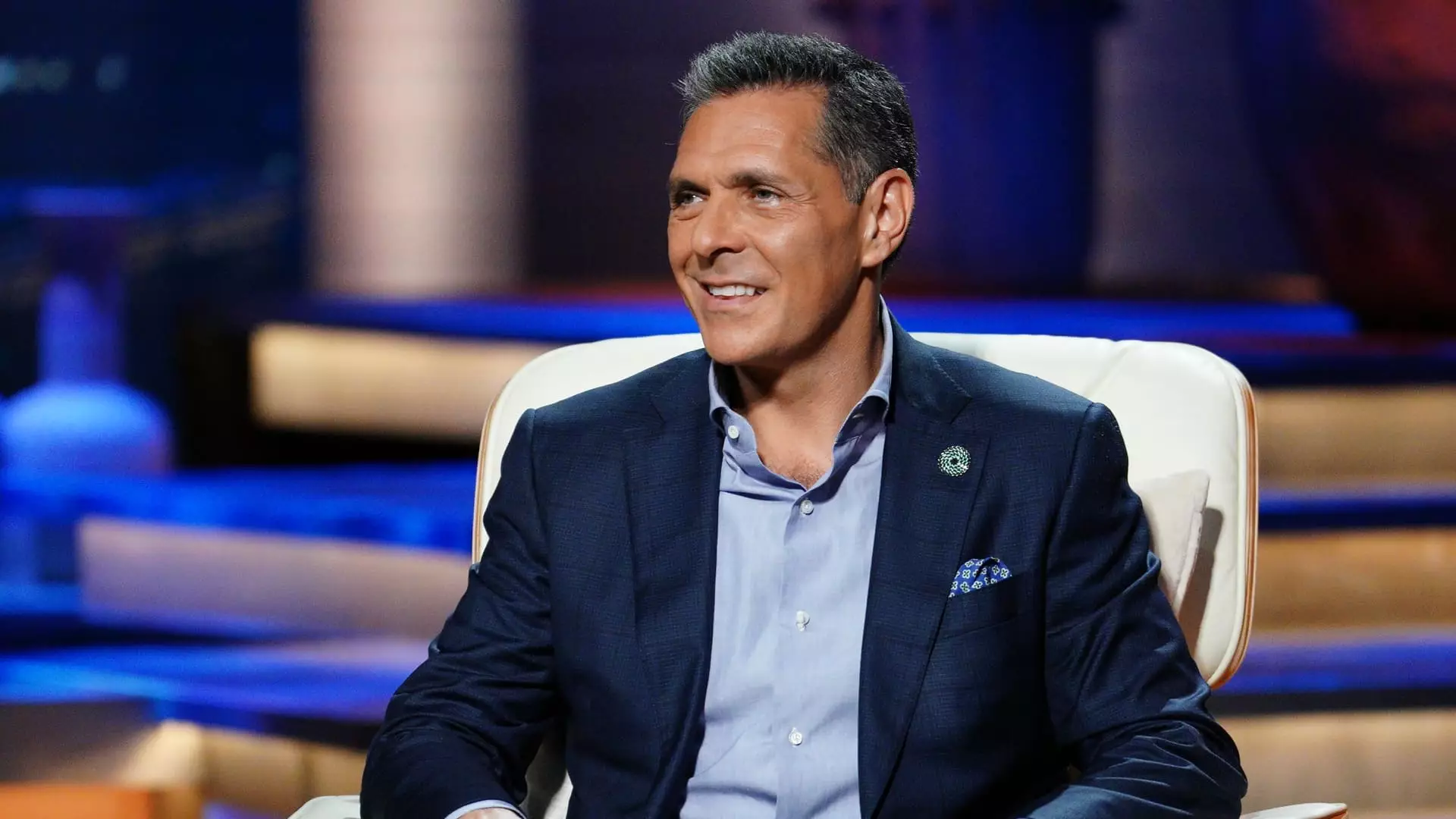Daniel Lubetzky, the founder of Kind Snacks, transformed the snack industry with his line of health-conscious bars made from nuts, fruits, and whole grains. His journey took a significant turn in 2020 when he sold a controlling stake in Kind to the food giant Mars, a strategic move that allowed him to focus on redefining what it means to be a billionaire investor. Through his family office, Camino Partners, Lubetzky is not only reaping the rewards of his monumental success but also paving the way for a new generation of investments that extend beyond the scope of consumer snacks to sectors like longevity and healthcare.
This shift is emblematic of a larger trend among a growing number of family offices, especially those built on food and beverage fortunes that are diversifying their portfolios. Instead of sticking to their original roots, these investors are venturing into innovative sectors, demonstrating a keen understanding that the marketplace is ever-evolving.
A New Focus on Longevity and Wellness
Beyond just snacks, Lubetzky’s family office has set its sights on the burgeoning sectors of longevity and health. With investments in fitness and healthcare providers, such as Barry’s and LiveWell, Camino Partners reflects a profound shift in consumer behavior. As awareness about health and wellness escalates, so does the demand for products and services that can support a healthier lifestyle. This consumer education wave, as noted by Elle Lanning, the president of Camino, is crucial to understanding the strategic direction of Lubetzky’s investments.
Investing in longevity is not merely a trend but a calculated move that aligns with the increasing consumer interest in maintaining a healthy lifestyle. Businesses dedicated to fitness or health-promoting services are not just fads; they represent a growing need for sustainable practices in personal care and nutrition.
Strategizing Beyond Traditional Investments
Interestingly, Camino has altered its investment strategy by transitioning from early-stage ventures to established companies that have demonstrated their ability to generate revenues exceeding $20 million. Initially inclined to nurture fledgling businesses, Lubetzky’s shift was driven by a pragmatic understanding of risk. Early-stage investing is notoriously fraught with failures, and the emotional ties to these ventures can cloud judgment.
Elle Lanning’s perspective that businesses are “living organisms” underscores the human element behind investment decisions. There’s a fundamental difference between nurturing an idea and managing a business that has already established a market presence. By recognizing the value of proven companies, Lubetzky positions himself to mitigate risks while still offering support to innovative organizations.
Calling in the Experts
Interestingly, venturing beyond the familiar grounds of consumer packaged goods forces Lubetzky to adapt by partnering with experts. Rather than solely relying on acute consumer-focused insights, Camino engages fund managers when exploring new sectors like aerospace and deep tech. This diversification reflects a bold ambition to explore uncharted territory while keeping a safety net through specialized knowledge.
This approach shows that successful investing isn’t just about personal experience or intuition—it’s also about leveraging industry expertise to navigate complexities in unfamiliar landscapes. While Lubetzky initially took hands-on approaches in familiar industries, he now acknowledges that with increased ambition comes the necessity for specialized guidance.
A Community of Innovators
Lubetzky’s journey represents not only individual achievement but also a broader narrative that connects a community of entrepreneurs. For instance, RXBar’s founder Peter Rahal’s diversification into areas like biodegradable packaging solidifies the point that even successful pioneers know when to pivot. Likewise, Paul Merage’s ventures in real estate illustrate a complementary pattern among billionaire investors—they are not defined by singular industries.
These examples create a community that inherently supports innovation and growth across sectors, suggesting that when billionaires transcend their original entrepreneurial roots, they can contribute to societal shifts in more significant ways. By investing in diverse categories, they also promote new job creation and entrepreneurial ecosystems.
Daniel Lubetzky’s journey exemplifies how a billionaire can transcend traditional consumer investment strategies. His ability to adapt, pivot, and strategize showcases a refreshing approach to business excellence in an increasingly complex world.


Leave a Reply